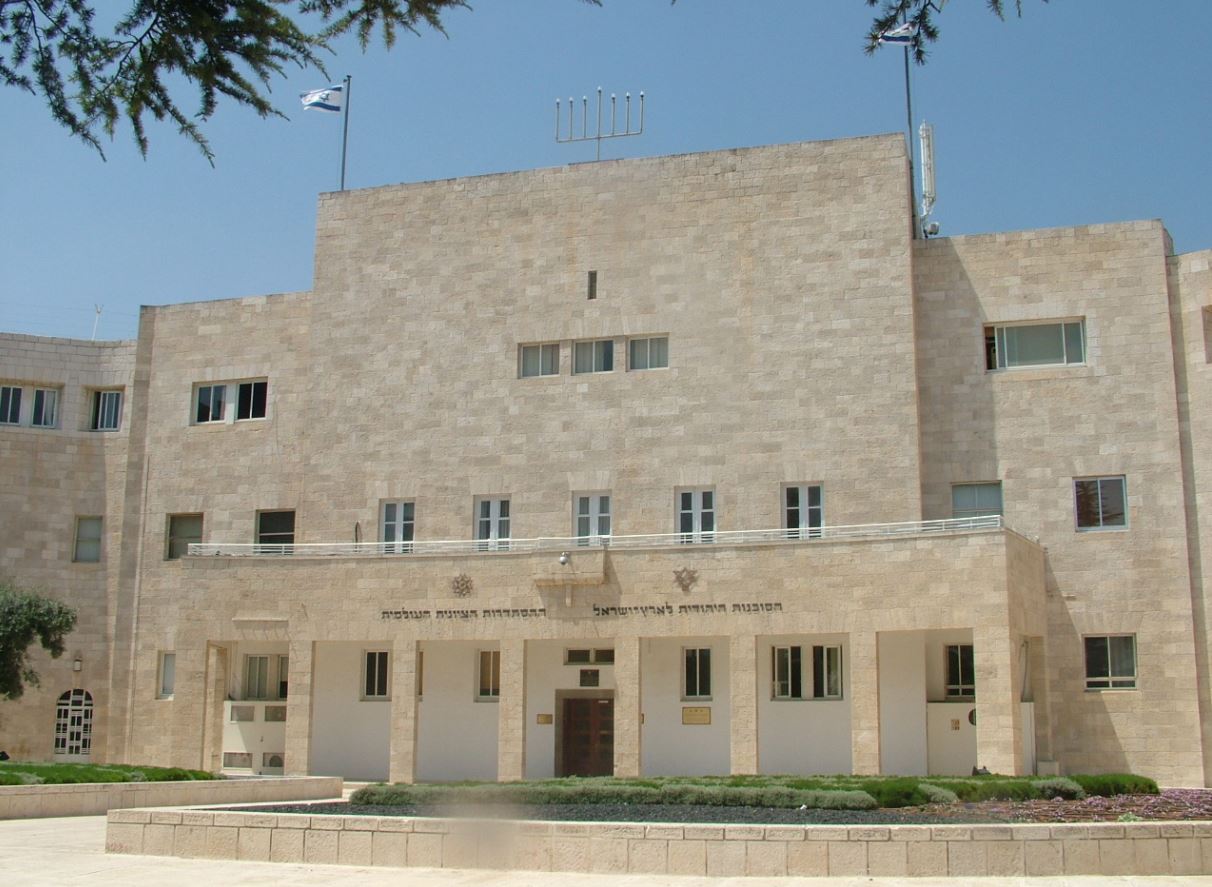This Week’s Guest: Haviv Rettig Gur
The Jewish Agency for Israel is the largest Jewish non-profit in the world. Founded in 1929, it incubated the state of Israel’s proto-government, and, upon the state’s declaration of independence, its officers became Israel’s ministers. Since then, it has brought thousands of Jews to the land of Israel, and it has invested in agriculture, housing, social services, and other programs crucial to Israel’s survival and prosperity. But that’s all mostly in the past. Now that a state has been established, and that most diaspora communities are not in danger, what should the Jewish Agency do? What is its purpose?
Haviv Rettig Gur, a senior analyst for the Times of Israel, was a former communications director of the Jewish Agency, and so he has a few ideas about what it should be doing today. That question is especially pertinent now, as later this month a new agency chairman will be elected. In conversation with Mosaic’s editor Jonathan Silver, Gur tries to make sense of the history, governance, strategy, and future of the Jewish world’s biggest non-profit.
Musical selections in this podcast are drawn from the Quintet for Clarinet and Strings, op. 31a, composed by Paul Ben-Haim and performed by the ARC Ensemble.
Excerpt (8:20-10:40):
We have a problem in the Jewish world, and it’s a problem well-known to American Jews, and the problem is that the Jews are no longer oppressed in anywhere of significance. It’s a lot easier to be oppressed in many ways: it settles a lot of arguments and focuses the mind and helps institutions explain themselves to donors. And today, those roles are just not significant; they’re just not necessary. The Jewish Agency costs a lot of money, it spends a lot of money. A great deal of that money I think in very good places and important roles—youth-at-risk programs are I think the largest single budget item in the Jewish Agency’s annual budget. Aliyah is not insignificant in terms of costs—there are 20,000-plus people a year who make aliyah, and the Jewish Agency funds a lot of that. Nevertheless, it spends roughly $300 million a year, give or take the year and the value of the dollar, or a billion shekels, perhaps a bit more. It doesn’t spend that on rescuing Jews any more, and so the question is what should it spend it on.
Now you have me on this podcast because I used to be a spokesman for the Jewish Agency for two years a decade ago. That was a profoundly eye-opening experience because I was also there at a time of great change for the agency, when Chairman Natan Sharansky was there at the time, who is an extraordinary man, an extraordinary thinker, who questions the obvious assumptions that big organizations have over time, as the KGB found out in the 70s. He arrived at the Jewish Agency and he started asking questions. For example: why do we spend $105 million a year on an aliyah department that brings in a tiny fraction of the number of olim it brought in a decade earlier? And so we restructured the agency, shut down the three major departments that each had a CEO, and the aliyah department when I left in 2012 cost something like $45 million, less than half of its previous cost, and aliyah didn’t go down. In other words: no one on this earth was making aliyah because the Jewish Agency had a very large aliyah operation that was costing many more tens of millions of dollars than it needed to cost. And so these are questions that the Jewish Agency is actively asking.
More about: Israel & Zionism







